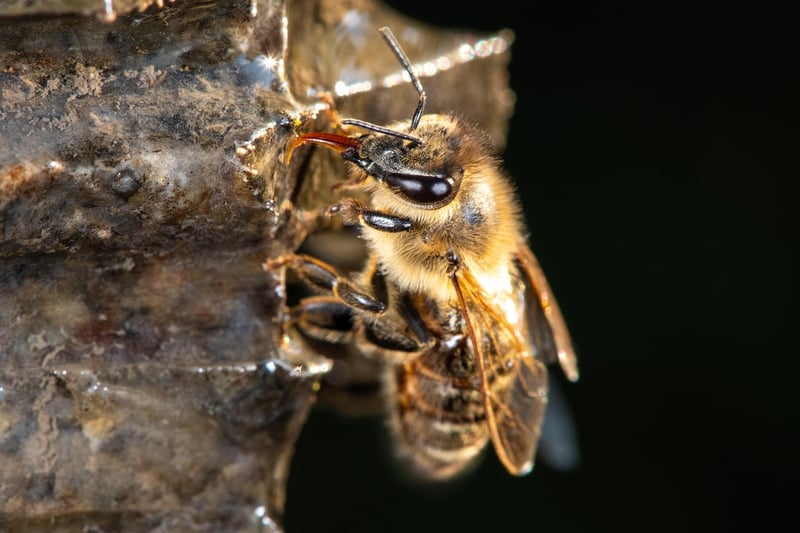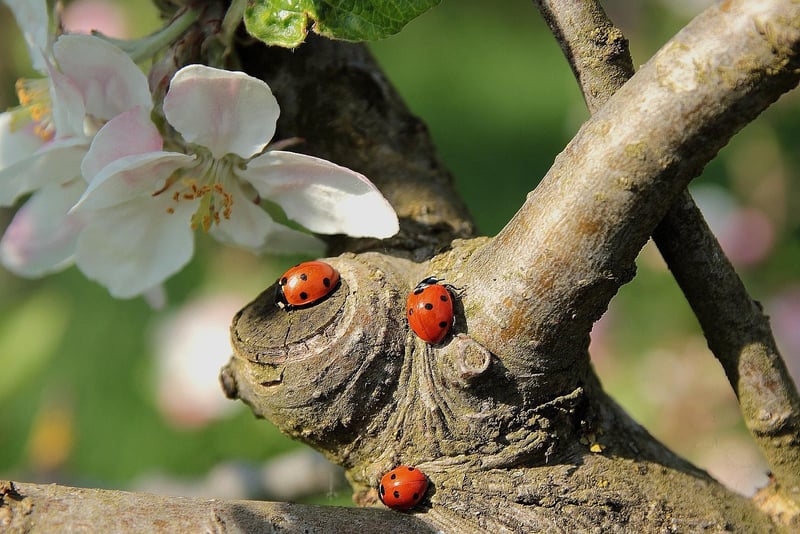Pest Control
Keep Your Garden Thriving with Effective Pest Control
Having a beautiful garden is a rewarding experience, but it can be frustrating when pests start wreaking havoc on your plants. Implementing effective pest control measures is essential to keep your garden thriving. Here are some tips to help you protect your plants and maintain a healthy garden ecosystem.
Identify the Pests
The first step in pest control is identifying the culprits. Different pests target specific plants, so knowing what you're dealing with is crucial. Keep an eye out for common garden pests like aphids, slugs, snails, and caterpillars.
Natural Remedies
Opt for natural remedies to control pests without harming beneficial insects. Consider planting pest-repelling plants like marigolds, lavender, and chrysanthemums. You can also use homemade sprays like neem oil, garlic spray, or soap spray to deter pests.
Beneficial Insects
Attracting beneficial insects like ladybugs, lacewings, and bees can help keep pest populations in check. These insects prey on common garden pests and contribute to a healthy garden ecosystem.
Organic Pest Control Products
If natural remedies are not sufficient, opt for organic pest control products. Look for products that are safe for the environment, humans, and pets. Products containing ingredients like diatomaceous earth, pyrethrin, or insecticidal soap can effectively control pests.
Regular Maintenance
Regularly inspect your plants for signs of pest infestations. Remove any affected leaves or plants to prevent the pests from spreading. Water and fertilize your plants properly to keep them healthy and more resistant to pests.
Conclusion
By implementing these pest control measures, you can protect your garden from common pests and ensure that your plants thrive. Remember that a healthy garden is a balanced ecosystem where pests are kept in check naturally. With proper care and attention, you can enjoy a beautiful and bountiful garden all year round.


